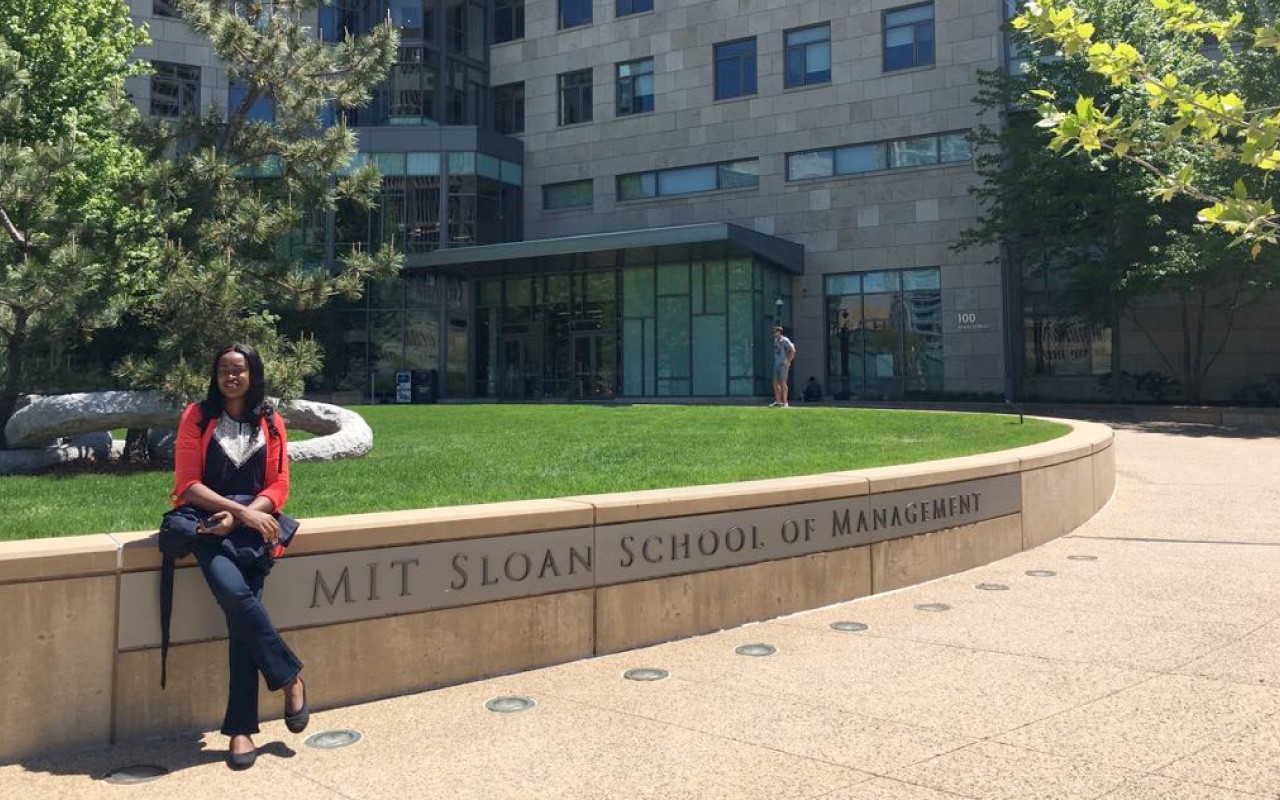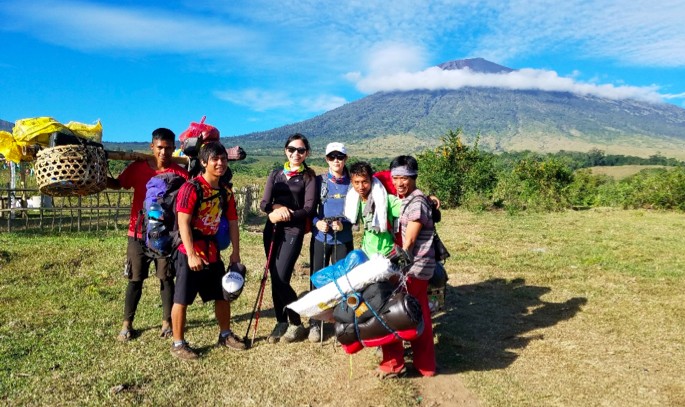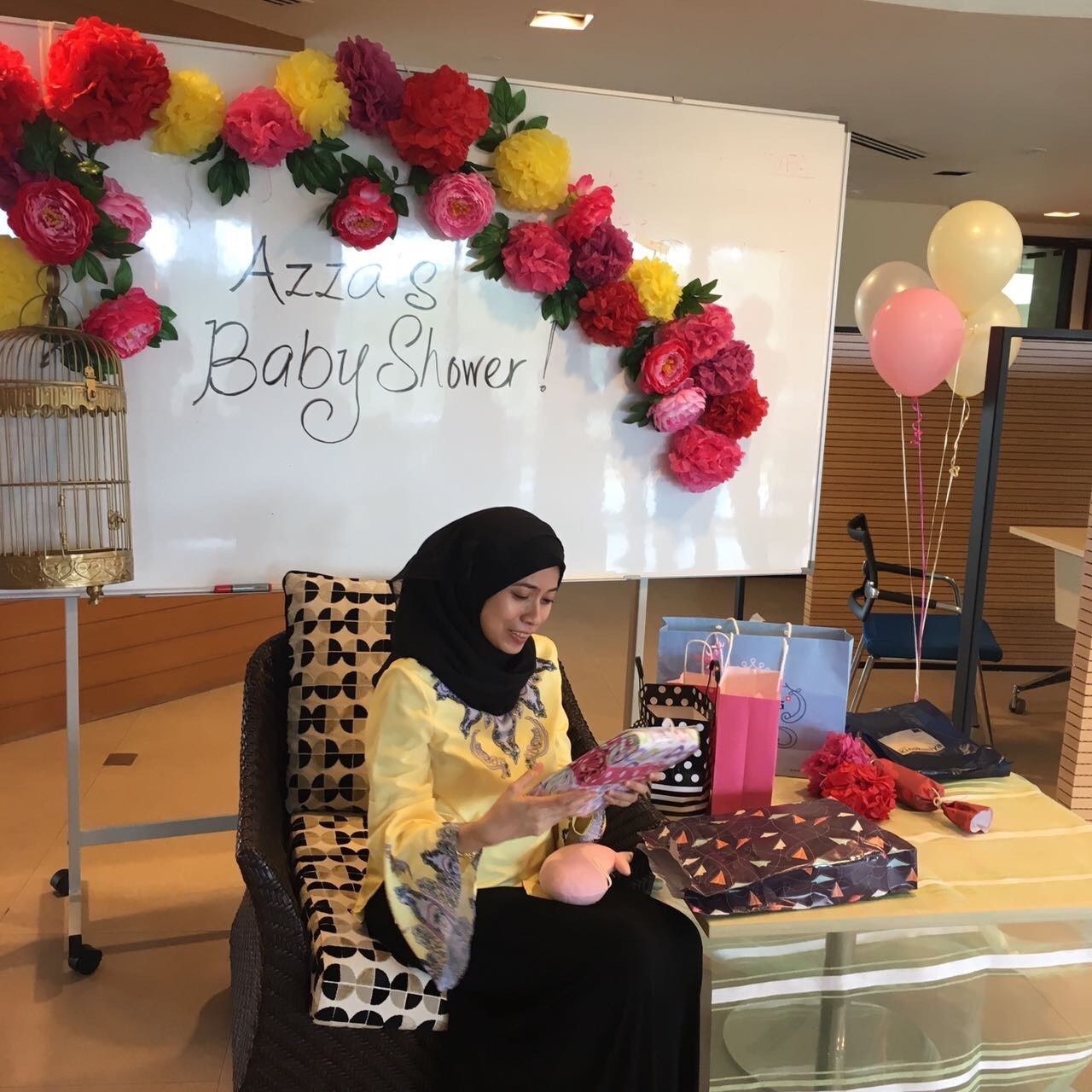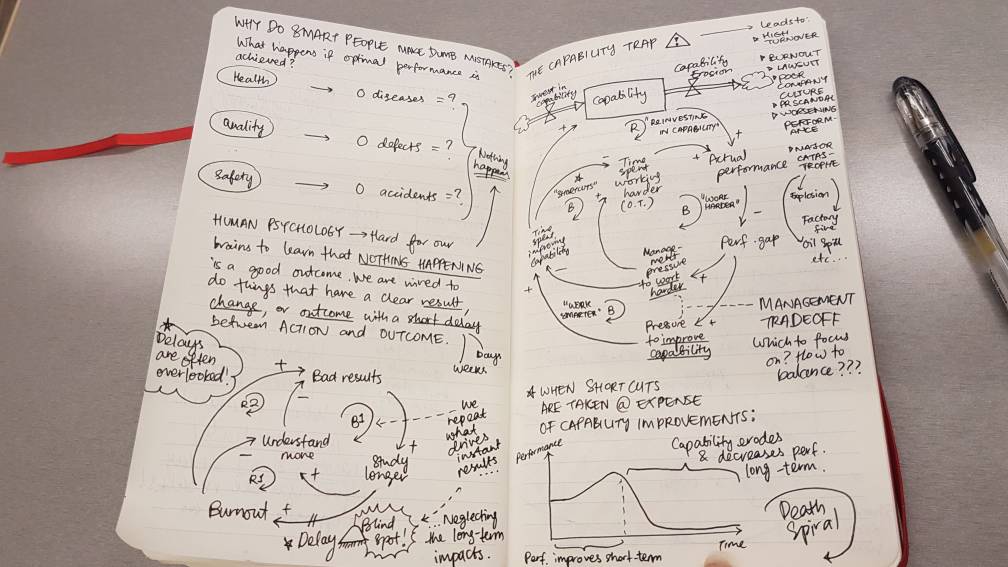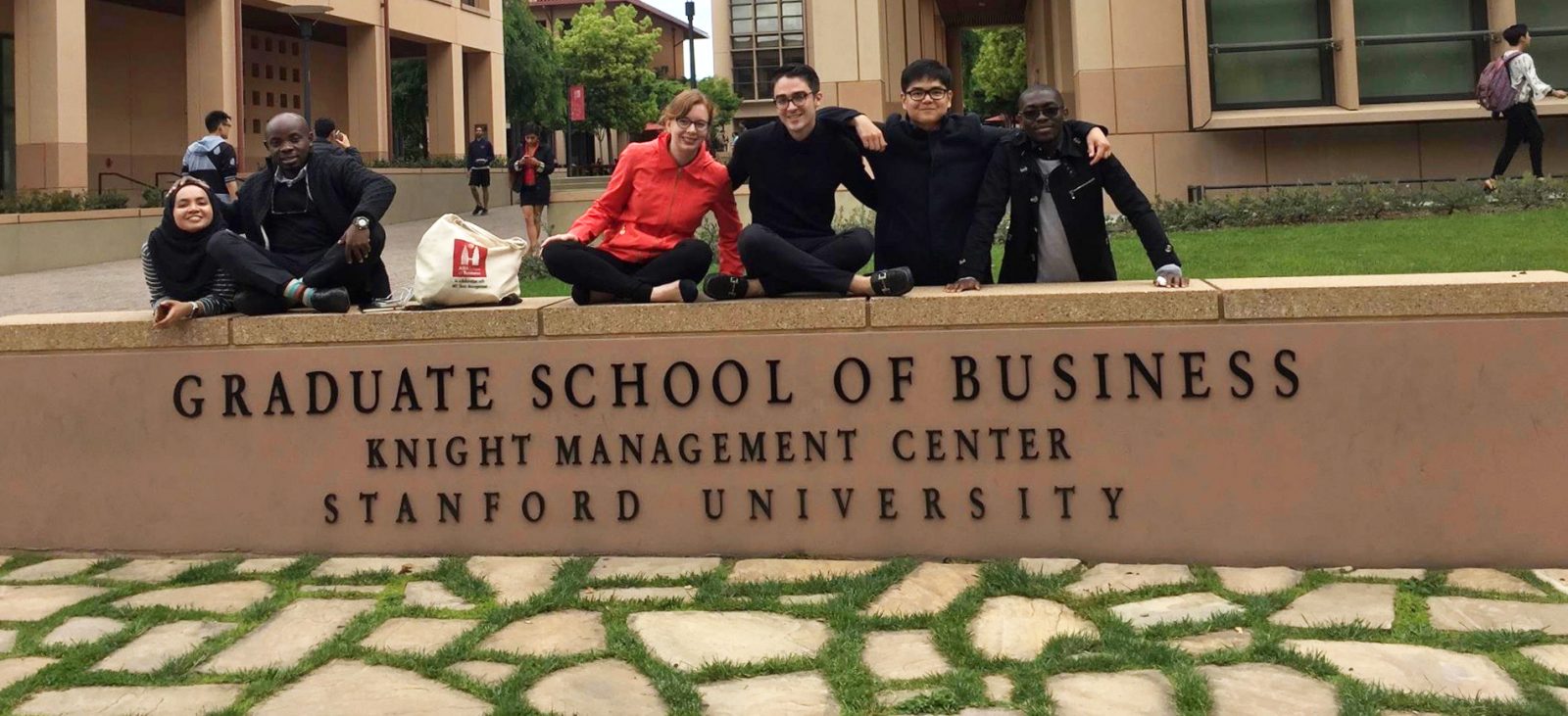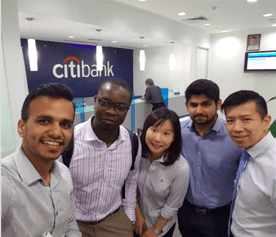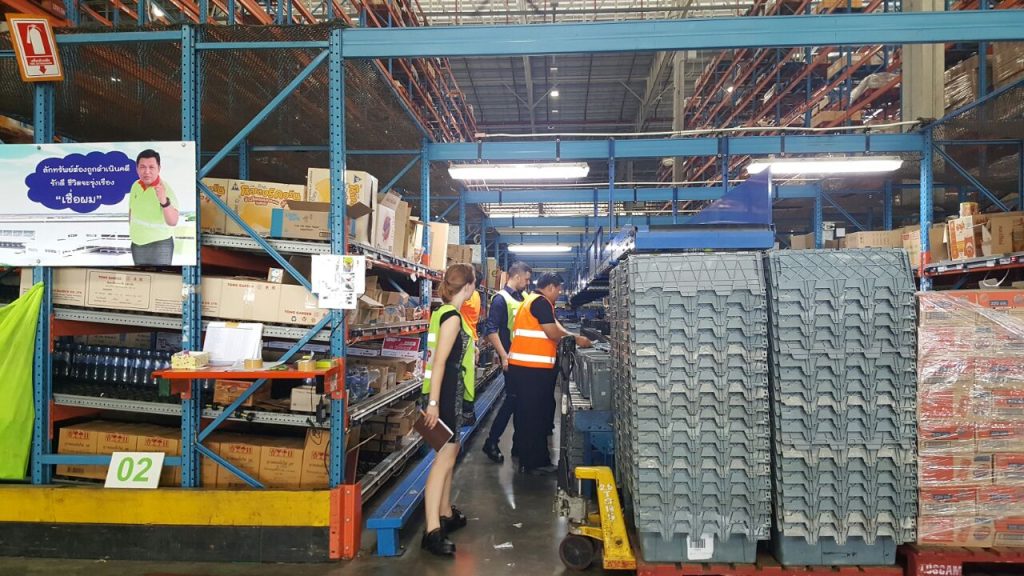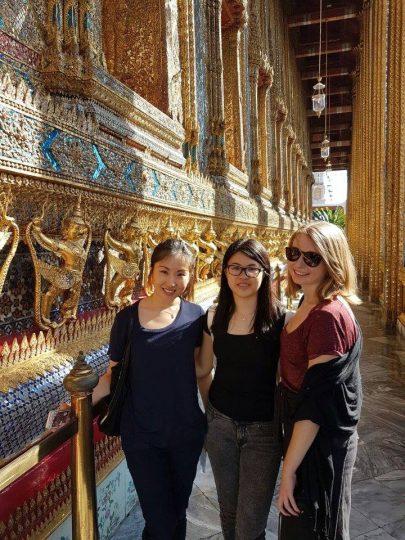“Getting an education from MIT is like drinking from a firehose.” When I heard this quote during my first week at ASB, it sounded amusing at first. After two semesters, though, I’ve learned that it was no joke — and it has become my way of life. At MIT Sloan, the learning process was upgraded to drinking directly from a hydrant: we spent only four weeks on campus and had to take in as much as we could.
After an amazing two-week industry trek across Silicon Valley, New York City and Washington D.C., I arrived in Cambridge feeling sick and physically exhausted but determined not to let illness get in the way of this long-awaited experience. Of all the courses we took, I most enjoyed Entrepreneurship, System Dynamics and Negotiation. (This is not making light of the tremendous knowledge I gained from the other courses as well, which were superbly delivered by the MIT faculty.) Prior to taking the Entrepreneurship module, I was not convinced that I could be an entrepreneur.
However, after going through the 24 steps of entrepreneurship with Bill Aulet, my mindset shifted into understanding that is more than one way to be an entrepreneur. It was my first time taking a course in System Dynamics, and I was amazed at how the modelling tools could be applied to real life situations. Several scenarios were applicable to my previous job experience and I found myself wondering how past mistakes could have been avoided if this knowledge was available. I loved the Negotiation classes because of the simulated negotiations. I found myself negotiating from different positions and understanding the powers available to me at different times.
I also received constructive feedback from my classmates, which helped me improve my skills. I won’t forget the United Nations world climate simulation with Professor John Sterman. Before this class, I knew a little about climate change but not the extent to which the entire world was at risk. I was part of the U.S. delegation and was assigned to play the role of President Donald Trump — a part I hopefully played well. Neither will I forget the brilliant Professor Paul Asquith who taught us corporate finance whilst lying down on a bed (due to a back injury). He said, “The best form of learning is by repetition”, and he was right. I am better at corporate finance now than when I first arrived at ASB.
The cherry on top of the cake was the lecture given to us by the former UN secretary general Ban Ki Moon who, in an awesome stroke of fate, was residing in the same hotel as we were and graciously agreed to give a talk to our class. Words are not enough to convey the transformation I underwent in that one month. What I do know is that I left MIT a better person, more knowledgeable and more determined to make an impact in my world.





